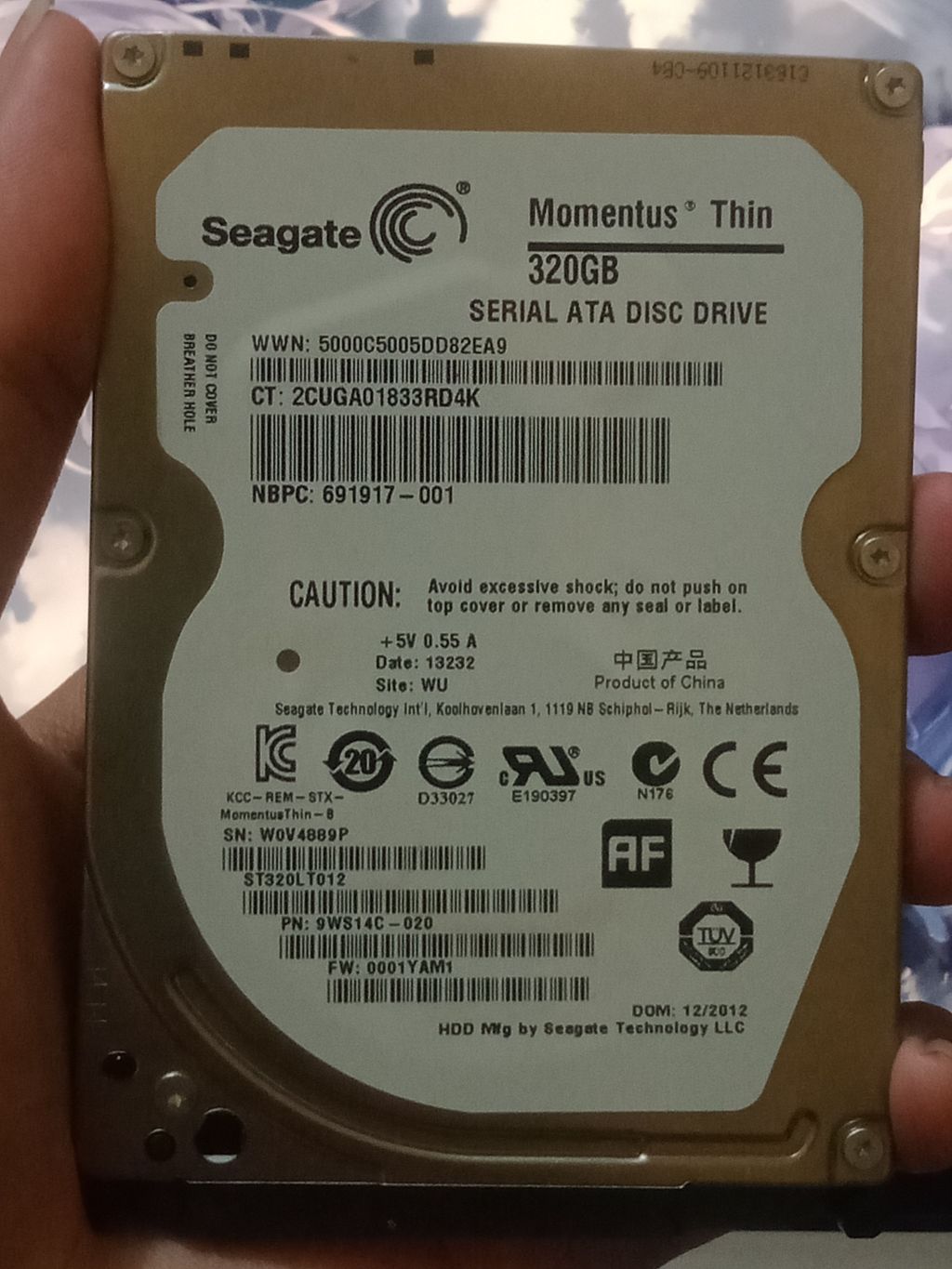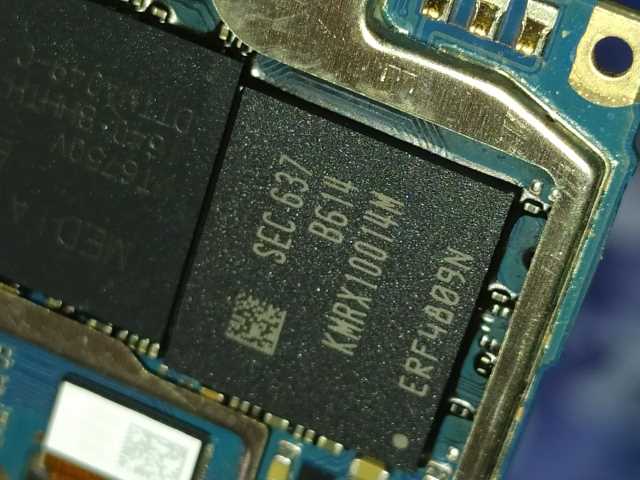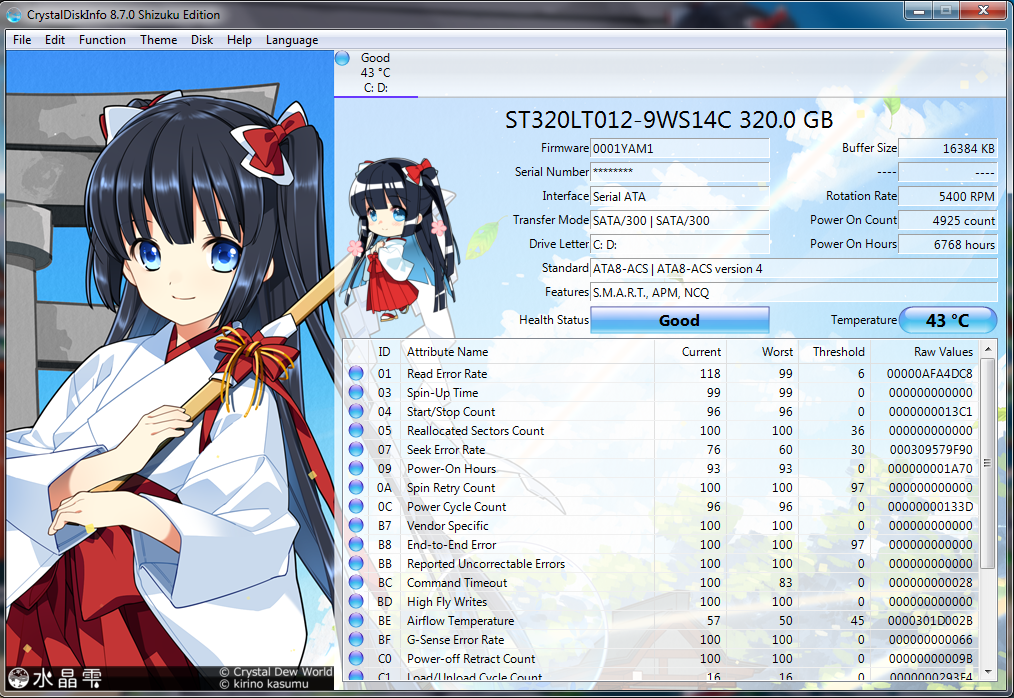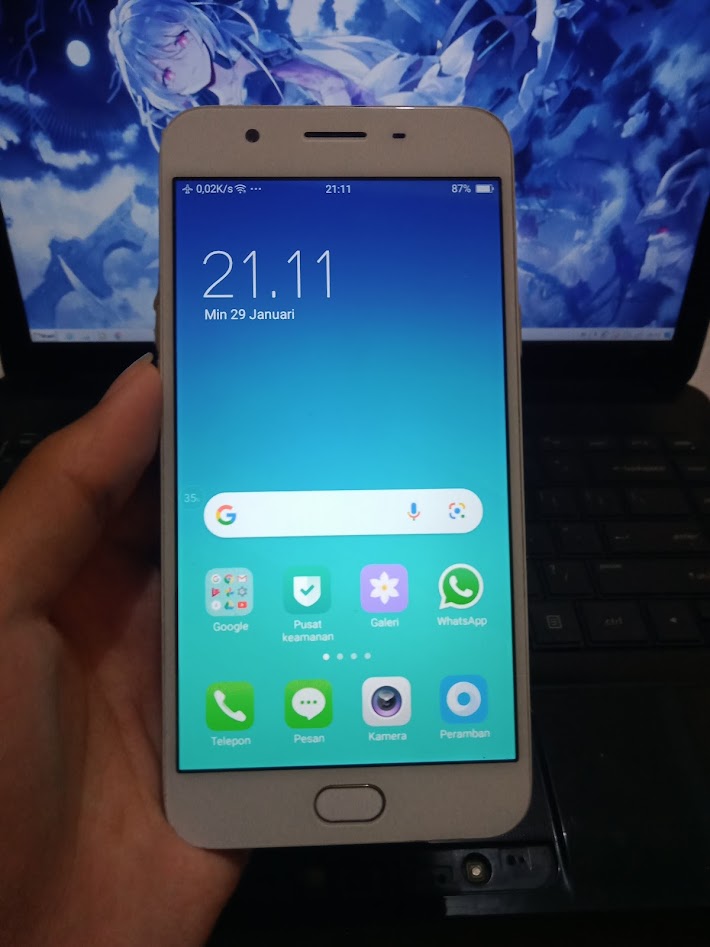Comparing: Seagate Momentus Thin ST320LT012-9WS14C vs Samsung KMRX10014M
In this comparison, we analyze two Disks: Seagate Momentus Thin ST320LT012-9WS14C and Samsung KMRX10014M, using synthetic benchmark tests to evaluate their overall performance. This side-by-side comparison helps users understand which hardware delivers better value, speed, and efficiency based on standardized testing. Whether you're building a new system or upgrading an existing one, this benchmark-driven evaluation offers valuable insights to guide your decision.

Seagate Momentus Thin ST320LT012-9WS14C
| Type: | Disks |
|---|---|
| Model: | Seagate ST320LT012-9WS14C |
| Capacity: | 320 GB |
| Interface: | SATA-II 3Gbps |

Samsung KMRX10014M
| Type: | Disks |
|---|---|
| Model: | Samsung KMRX10014M |
| Capacity: | 32GB |
| Interface: | eMMC |
Specification Comparison Table
This specification comparison presents technical details of several devices or components to help you understand the key differences between each option. Use this table as a reference to determine which device best suits your needs.
| Specification | Seagate Momentus Thin ST320LT012-9WS14C | Samsung KMRX10014M |
|---|---|---|
| Brand | Seagate | Samsung |
| Format | HDD 2.5 | eMMC 5.1 |
| Capacity | 320 GB | 32GB |
| Interface | SATA-II 3Gbps | eMMC |
Submission Comparison Table
This submission comparison table displays the number and details of benchmark data submissions from various devices or components. This information helps you understand the performance based on the benchmarks that have been tested, as well as providing an overview of the consistency and popularity of the available benchmark results.
Submission Comparison Chart
This chart visualizes the benchmark scores comparison between two hardware devices based on submitted data.
Media Gallery
A collection of photos of tested hardware. These images can help you identify the physical form, model, and variant of the hardware in question. These photos are from our own documentation, and if they are not available we may not be able to document them.
About Hardware Seagate Momentus Thin ST320LT012-9WS14C
Seagate ST320LT012-9WS14C is a 320GB capacity hard disk drive (HDD) with a slim 2.5-inch form factor, ideal for laptops, notebooks and other portable systems. Designed using a SATA II (3Gbps) interface and a rotation speed of 5400 RPM, this HDD emphasizes power efficiency and quieter operation compared to higher-speed HDDs.
It uses 1 platter and 2 read/write heads, a common configuration for 320GB capacity, with light weight and low power consumption-suitable for mobile devices. Equipped with 16MB of buffer cache, its performance is sufficient for daily tasks such as saving documents, running light applications, or storing multimedia files.
This Seagate ST320LT012-9WS14C performance test was conducted using an HP 1000 1b05AU laptop that still relies on 4GB DDR3 Single Channel RAM with two DIMM slots. The operating system used during the test was Windows 7 64-bit, which is a typical environment for entry-level laptops in this era of HDD usage. The hardware combination reflects the real usage scenarios of older generation laptop users who still rely on mechanical hard disks as the primary storage medium.
In tests using CrystalDiskMark benchmark software, the Seagate ST320LT012-9WS14C hard disk recorded a fairly stable performance for the 5400 RPM HDD class. The sequential read speed reached 84.67 MB/s, while the sequential write speed stood at 83.84 MB/s. These results show that despite being an older generation HDD with modest specifications, its performance is still adequate for everyday light computing needs such as document storage and media playback.
Although its performance falls short of modern SSDs, the Seagate ST320LT012-9WS14C remains a reliable and cost-effective choice for users who need additional internal storage on older laptops, educational systems, or as external media (with a USB case). Its compact size and low power consumption also make it suitable for use in netbooks and other energy-efficient devices.
Device Test:
Device: HP 1000 1b05au
RAM: 4GB DDR3 Single Channel 2 DIMM
OS: Windows 7
Wednesday, 26 December 2012 14:27:32 | Update: 3 weeks ago
About Hardware Samsung KMRX10014M
OPPO F1s eMMC 5.1 (Samsung KMRX10014M) is an internal storage chip made by Samsung that is used in the OPPO F1s smartphone. Relying on eMMC 5.1 technology, this chip offers increased data transfer speeds compared to the previous generation (eMMC 5.0), providing a smoother user experience, especially when it comes to opening apps, saving files, and running the Android operating system responsively.
Although not comparable to UFS (Universal Flash Storage) in terms of performance, eMMC 5.1 remains an economical storage solution for mid-range devices like the OPPO F1s. The technology is reliable enough to handle everyday activities such as opening social media, recording videos, taking photos, and storing documents and apps.
The test was conducted on an OPPO F1s device with MediaTek MT6750 specifications, 4GB of RAM, and 32GB of internal storage, running on the Android 6 operating system. The internal storage on the OPPO F1s uses the Samsung KMRX10014M chip, which is an early generation eMMC 5.1 with relatively high performance for the standards of its release time.
Interestingly, despite the device being over 7 years old, testing using the Cross Platform Disk Test (Mobile) showed read speeds of 286.5 MB/s and write speeds of 78.7 MB/s. These figures are impressive for an eMMC chip that has gone through a long usage cycle, and indicate that the Samsung KMRX10014M has good NAND Flash endurance.
Overall, the eMMC 5.1 on the OPPO F1s offers an ideal combination of power efficiency, moderately high performance, and low manufacturing costs. This makes it a very suitable solution for devices with standard to mid-range requirements, especially when first released. While eMMC performance may degrade with age, these benchmark results show that the chip is still capable of performing quite well even after many years.
Device test (testbed):
Device: OPPO F1s
CPU: MediaTek MT6750
RAM: 4GB
Storage: 32GB
OS: Android 6
* This test was conducted after the device was approximately 7 years old, which is likely to have degraded the performance of eMMC.
Friday, 19 November 2021 16:41:45 | Update: 2 weeks ago


